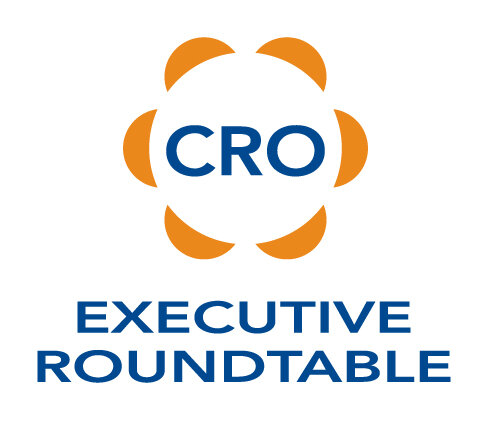We have recently worked with a couple of disparate sales teams with different sales performance results. The teams were in different markets but were comprised of roughly the same number of salespeople. The higher-performing team had one clear distinction - role awareness.
Let’s define role awareness:
The ability of a person to be aware of their role in the world or within a given environment. This is the ability to understand the expectations placed on a position and to clearly see how those expectations are to be met.
You can see where this is going regarding our two teams. The high-performing team had a clear understanding of their roles, specifically their role’s expectations. The company that was not performing at a high level was struggling to define the roles through expectations, responsibilities, and accountability.
Roles matter when it comes to revenue. Closing profitable, new business is difficult on its own. Achieving this goal with a confused, or muddled, role increases the difficulty exponentially. So as a CRO, how do you handle role clarity on your sales team?
Define the roles. I know this sounds basic, but how did you get to this confusion in the first place? At some level the roles were not clearly defined. You can redefine the roles at any point, even if you have been with the company for years. Always start here.
Define the variables. My experience is that roles balloon due to variables that amass over time. Someone has to deal with the critical ones and eventually those variables are absorbed into the role. This role creep eventually strains the person’s time. They have many critical tasks to complete without a proper allotment of time to complete them. Anticipate as many variables as possible. Revisit the variables frequently as new ones may have arrived.
Revisit the roles. Teams grow, responsibilities grow, expectations grow. If you are not revisiting each individual’s role during annual reviews, you are missing an easy opportunity to stay in front of the variables. Don’t let your revenue stars get bogged down in non-revenue responsibilities. These responsibilities may be important, but always look for alternative ways to handle them. Keep your revenue-generating roles as clean as possible.
Role awareness is often overlooked by leadership, but never by the people in the roles. The salespeople dealing with unclear role responsibilities may choose to avoid discussing it with you. Some (many?) salespeople view it as a weakness of inefficiency. Don’t let this happen. Stay tuned in to your team and each individual’s role awareness.




